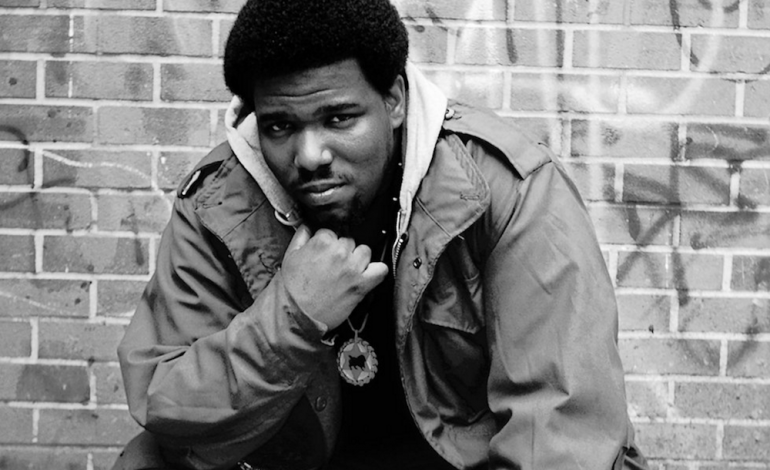

Bronx politician and former music producer Ronald Savage recently made a serious accusation against a well-acclaimed veteran in the game, Afrika Bambaataa, for child-molestation in the beginning of Savage’s music career. He entered the game in his early teens and began management affiliated with Zulu member Doug E. Fresh, rappers Showbiz & A.G., and dance group Snapp!. It was at that time that Savage claimed in his 2014 memoir called Impulse, Urges and Fantasies: Life is a Bag of Mixed Emotions, he was molested by Bambaataa repeatedly.
He doesn’t directly name Bambaataa in the memoir, but during an appearance on March 29 via a radio host DJ’s YouTube Channel, Savage alleged that Bambaataa showed him pornography and pressured him into oral sex multiple times during Savage’s teenage years, at the perpetrators home in Bronx.
Since Savage’s accusations three more victims have come forward claiming criminal charges against the rap artist that he has since publicly denied.
In an interview with Rolling Stone Bambaataa disregarded the statements and went as far as to call them, “baseless” and “cowardly.” Even his crew, The Zulu Nation issued a public statement in June apologizing to Savage and other “survivors of apparent sexual molestation by Bambaataa.”, and announced the removal of several longtime leaders, including Bambaataa.
Savage claimed that some people close to Bambaataa had made him feel, “unsafe” and felt threatened during a phone call that was taped between Savage and a pair of top Zulu Nation lieutenants—including Mickey Bentson, a road manager for rapper and TV star Ice-T. In the state of New York, only one person in the party has to consent to recording a phone call, and it’s legal. The recording suggested that Savage was threatened, bullied, and told to retract his accusations against the Zulu Nation leader.
“You damn hurt everybody in our whole organization, bro—and we would not expect that from you,” Bentson said during a heated 22-minute phone conversation, “Anybody else [but you] we’d be like, ‘Man, fuck that nigga.’ We’d tear that nigga’s head off. Stomp him the fuck out, B. For real, B. He’d be missing in action.” Bentson confirmed with news source thump that it was him on the call to Savage.
He went on to deny the allegations Savage made, and try and justify Bambaataas crime.
“Anything a motherfucker did—he wanted to do it, man. Ain’t nobody force nobody to do nothing, bro. Ain’t nobody put no knife to their throat, didn’t put no gun to their head—no one took no bat to their face. Niggas did what they wanted to do, man, because they wanted to do that.”
Savage began to shout how he was just a little kid and claimed that he needed to finally tell people what happened.
“This is about what happened to me, what Bam did to me,” Savage says on the call. “I had to get it out, and I want people to respect that, man. I been living with this shit. I been telling people. People knew over the years…but I protected Bam. I’m a victim. And I still protected him.”
While the phone call with Bentson was aggressive and uncooperative, it was a separate conversation with a man Savage identified as Saladeen Walker, an established member of Zulu who works for the organization’s security team, that was especially threatening and caused Savage to fear for his life.
“Bee-Stinger, do me a favor, man: write a retraction,” Walker says on the recording. “[You were] bugging out… You like my family. If something was to happen to you, I would feel really fucking bad about it.”
Savage claimed that it was this comment that made him never talk to Walker again and fear that something was going to happen to him.
Claims like these against large scale celebrities should be taken seriously, especially when the alleged perpetrator is known to have so much power in a business. People of the Zulu Nation, like King El One said,
“The Zulu Nation supports the victims. We want to let the victims know, ‘Hey, we’re on your side. You’re our family.”
